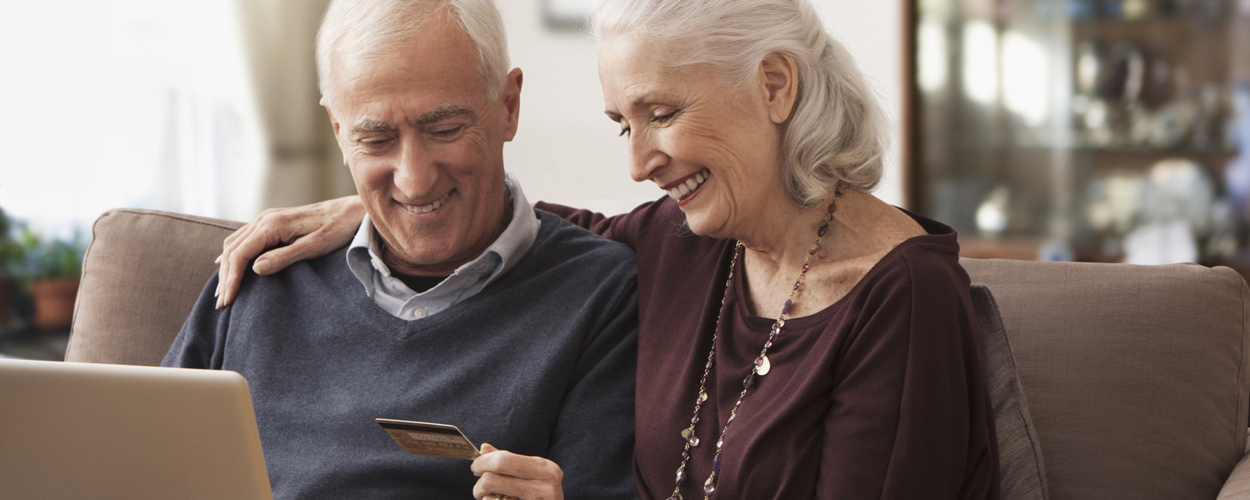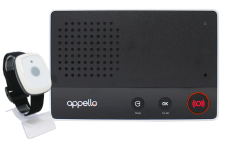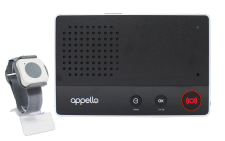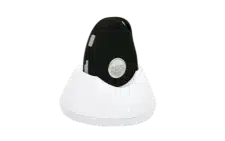The virtual online world can be a difficult one to navigate and people are becoming increasingly susceptible to being targets of scammers. It is important to stay safe online and so we have come up with a comprehensive list of things you can do to ensure you are staying safe whilst surfing the web.
Your Privacy:
Every webpage online has a ‘Privacy Policy’ which you should use to control how much of your information is accessible to other users and parties. For example, Facebook can allow you to alter whether strangers can see your full or basic profile. This means personal information can remain hidden until you accept them as a friend.
Remember to only connect with people you know in real life. Whilst social media is a fantastic means of keeping in touch with people far away, it is also a place for scammers and con artists. Criminals will often create fake profiles to harvest personal information. The best way to protect your information is by only allowing close friends and relatives to have access to your personal account.
Links:
There are a lot of links on the internet which lead to videos or websites. Many of these are genuine. However, it is important to be vigilant and never click on a link that you suspect may be dangerous. A computer virus can do anything from wiping all your files to giving scammers access to your financial information. This is not just strangers’ links but sometimes family members also may send a link that they do not realise has a virus. If in doubt, do not click the link.
Passwords:
To stay safe online, ensure that you are using strong passwords for your accounts and that you do not use the same password multiple times. A strong password would include numbers, special characters (&%$£) and a mixture of capital and lowercase letters. Remember that including birthdays and names of people/pets close to you are not strong passwords. If you struggle to remember passwords, then use a small notebook to write them down and keep it in a safe place.
Sharing:
Be mindful of what you choose to share online even if you have adjusted your privacy settings. The name of your first pet or your mother’s maiden name are often used as security questions. Be sure not to divulge this information to anyone you don’t trust. It is also important to remember the impact of the things you are posting online. For example, it is nice to let everyone know you are going on holiday but you may also be making people aware that your house will be unoccupied for the time you are gone.
Financial:
Never give out financial information over social media. Your bank will never ask you to give personal information over a platform like Facebook, Twitter etc. If you believe your financial information has been compromised, contact your bank immediately.
The online world can feel a little intimidating but there is nothing to fear as long as you are savvy and remember to use these practises in order to stay safe online. For further information on keeping yourself safe online please click here.
Choose Your Personal Alarm
To help you choose, start by selecting where you would use your personal alarm. In home only or at home and on the go.













Leave a Reply